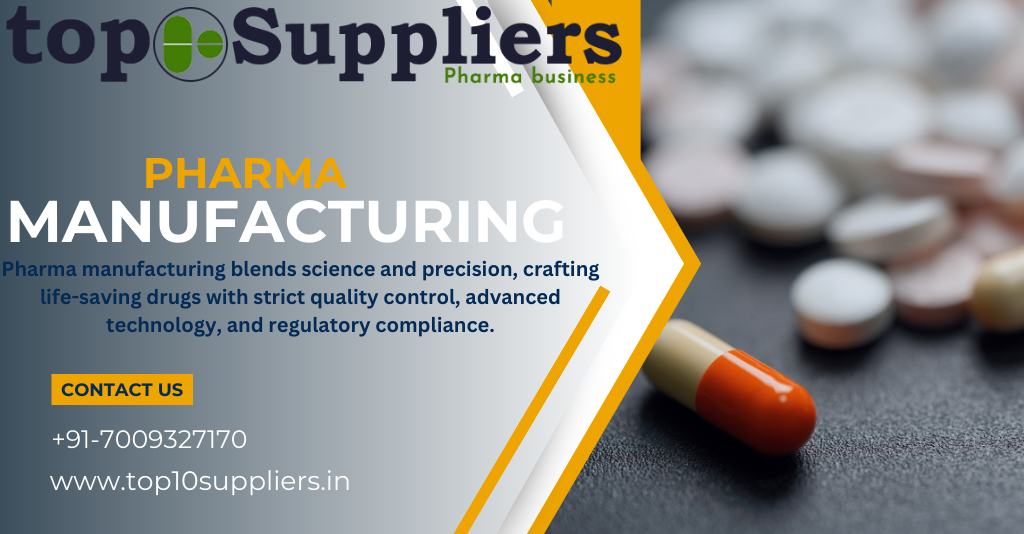Pharmaceutical manufacturing is a critical sector dedicated to producing medications that improve and save lives. The process involves rigorous standards, advanced technology, and a commitment to ethical practices. In this blog post, we’ll explore the key components of ethical pharma manufacturing and why they are essential for ensuring public health and trust.
1. Quality Assurance and Compliance
Quality assurance (QA) is the backbone of ethical pharmaceutical manufacturing. It ensures that every product meets stringent standards before reaching consumers. This involves:
- Good Manufacturing Practices (GMP): Adhering to GMP ensures that products are consistently produced and controlled according to quality standards. This includes proper documentation, validated processes, and regular audits.
- Regulatory Compliance: Following regulations set by authorities like the FDA and EMA is non-negotiable. These guidelines ensure that all products are safe, effective, and of high quality.
2. Transparent Supply Chains
Transparency in the supply chain is crucial for maintaining ethical standards. This involves:
- Sourcing Raw Materials Responsibly: Ensuring raw materials are sourced ethically, without exploiting labor or damaging the environment.
- Traceability: Implementing systems that allow tracking of materials and products through every stage of production and distribution. This helps in identifying and rectifying issues swiftly.
3. Environmental Responsibility
Pharmaceutical manufacturing must also consider its environmental impact. Sustainable practices include:
- Reducing Waste: Implementing efficient manufacturing processes that minimize waste generation.
- Eco-friendly Packaging: Using recyclable or biodegradable packaging materials to reduce the environmental footprint.
- Energy Efficiency: Utilizing renewable energy sources and energy-efficient technologies in production facilities.
4. Workplace Ethics
Creating a safe and fair workplace is essential. Key aspects include:
- Employee Safety: Ensuring that all employees work in a safe environment, with proper training and protective equipment.
- Fair Labor Practices: Providing fair wages, reasonable working hours, and respecting workers’ rights.
5. Innovation and Accessibility
Ethical pharma manufacturing Companies also involves continuous innovation to meet global health needs and ensuring that medications are accessible to those who need them most:
- Research and Development: Investing in R&D to discover new treatments and improve existing ones.
- Affordability: Working towards making medications affordable without compromising on quality.
6. Patient-Centric Approach
At the heart of ethical pharma manufacturing is a commitment to patient well-being. This means:
- Safety and Efficacy: Prioritizing the safety and efficacy of medications above all else.
- Clear Communication: Providing transparent information about the benefits and risks of medications, enabling informed decisions by healthcare providers and patients.
Conclusion
Ethical pharmaceutical manufacturing is about more than just producing medications. It encompasses a holistic approach that includes quality assurance, transparency, environmental responsibility, fair labor practices, innovation, and a patient-centric mindset. By adhering to these principles, pharmaceutical companies can ensure they not only contribute to global health but also maintain the trust and respect of the communities they serve.
As we move forward, the commitment to ethical practices in pharma manufacturing will continue to be paramount in driving advancements that are not only effective but also just and sustainable.

